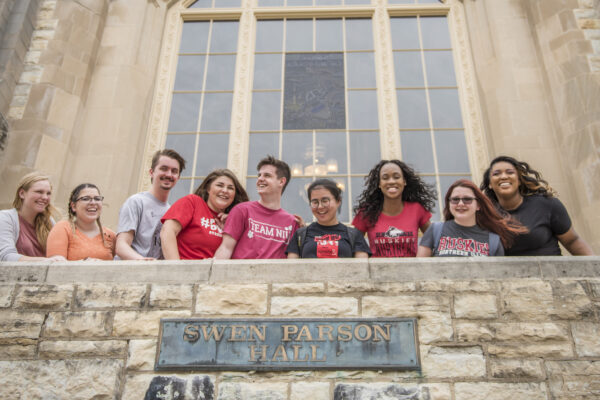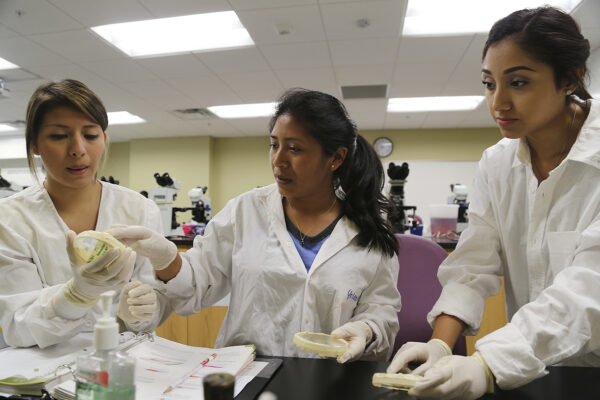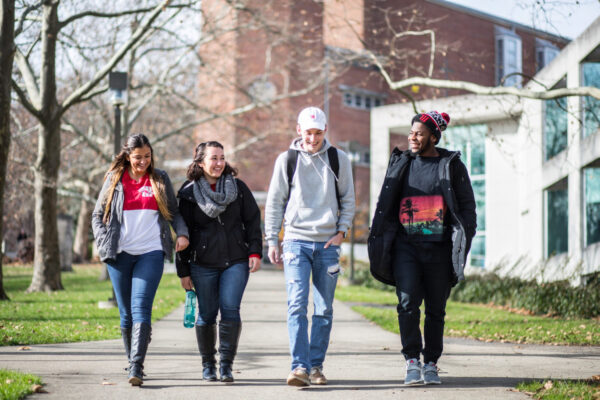Pre-Enrollment Support Helps Military-Connected Students Succeed
Former Marine Reagan Odhner is studying economics at Stanford University (CA) and preparing for a career in international development, an interest sparked when she undertook humanitarian missions while deployed in Afghanistan.
But the process for figuring out how to transition from the military to the classroom wasn’t easy; just getting her applications in on time as she continued to put in long hours on active duty proved no easy task.
But then Odhner got help from Service to School, a nonprofit organization founded and run by veterans that offers peer-to-peer mentoring, pairing a prospective student veteran with an “ambassador” who is already a successful student veteran. Now, in addition to being a student at Stanford, Odhner also is co-director of undergraduate operations for Service to School.
“To have an organization say, ‘Here is your ambassador’ is extremely valuable,” she said. “One of the most valuable things Service to School offers is a community.”
 Odhner, along with Service to School Executive Director Beth Morgan, participated Sunday afternoon in a session at ACE2016 on the importance of such pre-enrollment assistance for military-connected prospective students.
Odhner, along with Service to School Executive Director Beth Morgan, participated Sunday afternoon in a session at ACE2016 on the importance of such pre-enrollment assistance for military-connected prospective students.
While much attention has been paid in recent years to promising practices for supporting such students once they are enrolled in college, the path to success often is paved prior to a student’s first class.
The organization InsideTrack works with a number of colleges and universities to help military-connected students make that transition. Ron Callahan, executive coach for InsideTrack, also participated in the session.
It is important that these students know what they are looking for in a college education and what support might be needed along the way, which is why InsideTrack offers coaches to assist students in areas such as picking the right academic program, said Callahan.
Session moderator Tanya Ang, ACE’s director of veterans’ programs, noted there is no one-size-fits-all approach that works for all institutions or every student. That is why ACE convened its first annual summit in 2014 on the impact and importance of pre-enrollment advisement, a conversation that will continue next month at ACE’s second Service Member and Veteran Academic Advising Summit.
The April 14-15 summit, to be held in Arlington, VA, also will discuss mobilizing a national campaign to expand partnerships between educators, employers and other key stakeholders aimed at aiding in the transition from the military to postsecondary education and civilian employment.
Ang noted that service members come to higher education imbued with a sense of mission and a determination to accomplish their goals and succeed. Some student veterans may enter college with a “low academic self-concept…but if they can get the right support and tutoring and preparation they can do just as well, if not better, as peers that also are in the nontraditional learner group,” she said.
If you have any questions or comments about this blog post, please contact us.


